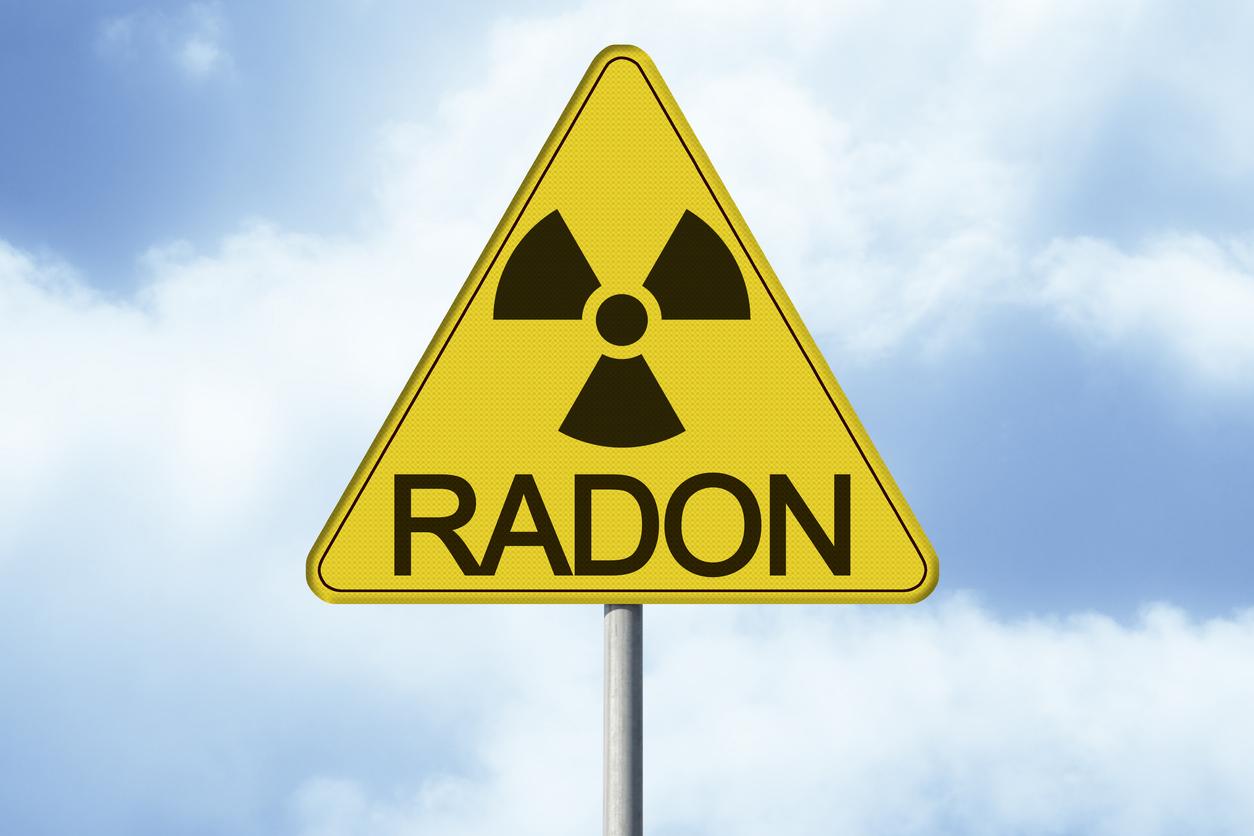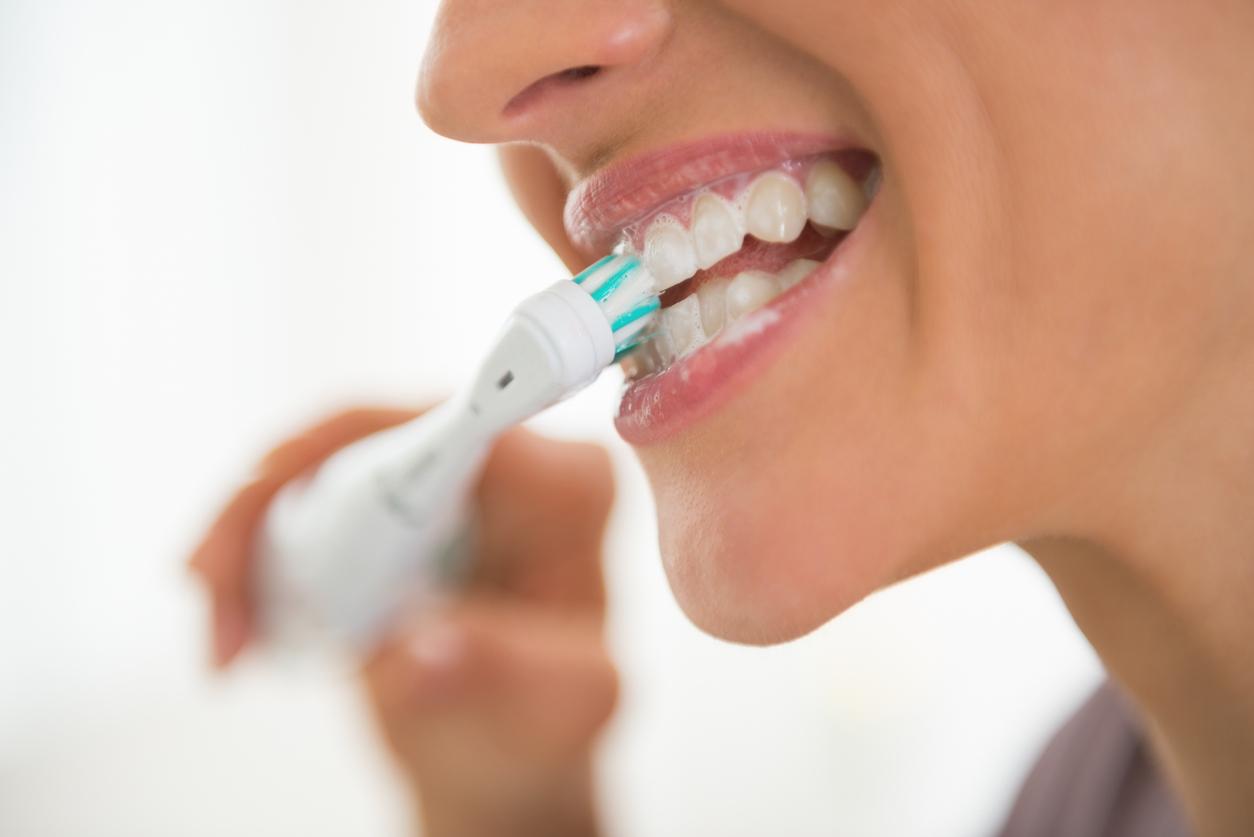Cervical cancer vaccine: the controversy
Recommended since March 2007, the vaccine against HPV is part of the routine vaccinations included in the vaccination schedule for children in the same way as the vaccination against diphtheria, tetanus, polio, rubella, measles …
However, it is the subject of controversy, following the death of a young Briton last year but also more recently in Spain, where patients have reportedly observed side effects to vaccination. Several articles then relayed the controversy and sowed confusion in the minds of mothers of young teens.
Dr David Elia, gynecologist puts an end to this debate with confidence: “Like any vaccine campaign, that against HPV has its detractors. However, these vaccines have been the subject of studies over several years which have resulted in a marketing authorization (AMM) issued by the highest health authorities.
In addition, in France and elsewhere in the world, the security reports published regularly by the authorities do not mention any complications. There is therefore no need to worry about possible risks or side effects. ”
Cervical cancer: the vaccine does not prevent the smear
The other argument of anti-vaccines against papillomavirus (HPV) consists in conveying the idea that vaccination diverts women from the other inseparable means of prevention against viruses: the smear. Except that according to Dr. Elia, patients who agree to be vaccinated also readily consult for control smears.
In short, this does not change the larger problem of patients’ lack of accountability for the spread of viruses: some remain opaque to any prevention message. In France, no reminder letter obliges women to be vaccinated. However, in several countries (such as Sweden or Norway) compulsory vaccination has significantly reduced the number of cancers. The challenge is therefore great for mothers of French teens!
Cervical cancer vaccine: protection against 70% of cancers
However, the papillomavirus vaccine does not protect against all the viruses responsible for cancerous lesions and in the longer term cases of cervical cancer. That is why screening for precancerous lesions must absolutely accompany vaccination. A smear at your gynecologist or general practitioner every 1 to 3 years can detect any abnormalities. The discovery of a lesion is always a test (anxiety, examinations, interventions, waiting) but the earlier the treatment, the greater the chances of recovery.
This being the case, the vaccine still makes it possible to avoid many of these precancerous lesions and in the aftermath of 70% of cervical cancers, which represents an unprecedented advance! Not to mention that the vaccine against papillomavirus (the one that makes antibodies against 4 viruses) also protects 100% of genital warts very complicated and difficult to treat. Moms can therefore make an appointment with the gynecologist or general practitioner for their teens without procrastinating! And encourage them to consult their gynecologist regularly throughout their lives.
The vaccine for whom?
This vaccine is recommended for all 14-year-old girls and catch-up for 15 to 23-year-old girls under certain conditions. The High Council of Public Health recommends preferentially using the Gardasil ® vaccine over the Cervarix ® vaccine, which protects against more types of virus. Reimbursement level: social security covers 65% (under the above conditions) and most mutuals cover the difference. The vaccination takes place in three stages (over approximately six months).


















